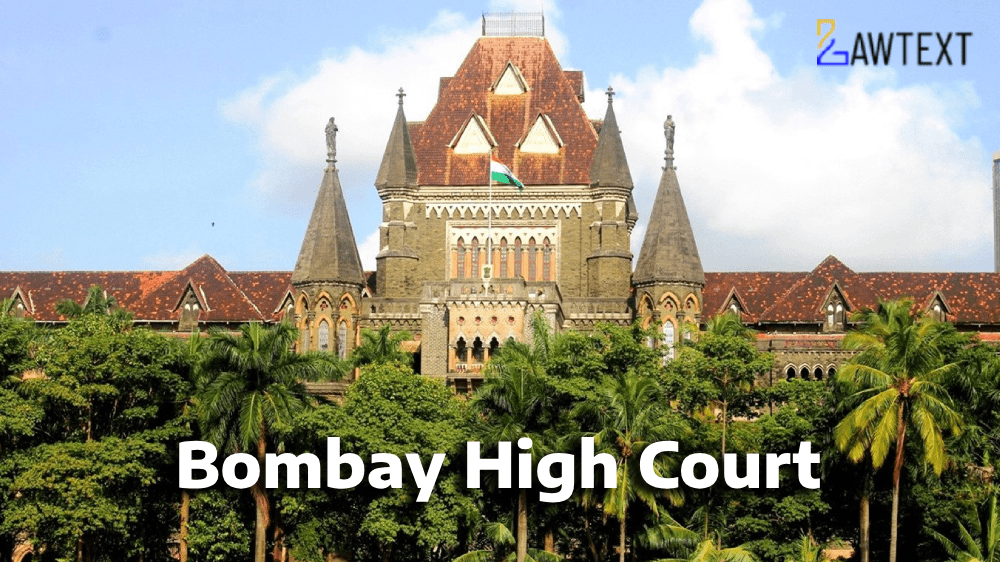

The Bombay High Court's Nagpur Bench acquitted the appellant, Anil Chhotelal Chhevle, previously convicted under Section 5(m) and 6 of the POCSO Act, 2012, and Section 376(2)(i) of the IPC for sexually assaulting a minor girl. The High Court highlighted inconsistencies in the prosecution’s case, including the lack of clear identification of the accused by the victim and non-examination of crucial witnesses such as the victim’s father. The court found that the prosecution failed to prove the guilt of the accused beyond reasonable doubt, resulting in the reversal of the lower court's judgment and the release of the accused.
1. Conviction and Appeal: The appellant, Anil Chhotelal Chhevle, was convicted by the Extra Joint Additional Sessions Judge, Nagpur, on 19.05.2022, for sexual assault under the POCSO Act and IPC. He was sentenced to ten years of rigorous imprisonment and a fine of Rs.5,000/- for each count. This appeal challenges that conviction.
2. Incident Description: On 4th February 2017, a 5-year-old girl, after returning from school, went out to play. The victim’s mother, who returned home later, was informed that the victim had returned home crying. Upon checking, the mother found bloodstains on the girl's genitals. The victim disclosed that a local man, Anil, lured her into his house with chocolates and assaulted her.
3. Prosecution Case: The victim’s parents identified the accused the following day. The mother filed a report, leading to the arrest of Anil. The investigation included medical examinations that confirmed injuries to the victim’s genitals, although the hymen was intact. The prosecution relied on the victim’s testimony and the medical evidence to substantiate the charges.
4. Defence's Argument: The defense argued that the identification of the accused was unreliable since the victim did not know the accused before the incident. The father of the victim, who played a key role in identifying the accused, was not examined in court. The defense also raised concerns over the conduct of the victim's parents, particularly their decision to call the accused to their house before going to the police.
5. Court's Analysis: The court pointed out several doubtful circumstances, such as the failure to conduct a test identification parade, and the absence of the father’s testimony, which was crucial in identifying the accused. The court further noted that the victim’s testimony, especially regarding identification, was inconsistent and possibly tutored.
6. Medical Evidence: While the medical report confirmed minor injuries to the victim’s genital area, the court held that this evidence alone was insufficient to conclusively link the accused to the crime. The absence of a clear chain of evidence pointing to the accused created reasonable doubt.
7. Judgment: The High Court concluded that the prosecution failed to establish the identity of the accused beyond reasonable doubt. The conviction was overturned, and the accused was ordered to be released.
Protection of Children from Sexual Offences (POCSO) Act, 2012:
Indian Penal Code (IPC), 1860:
Criminal Procedure Code (CrPC), 1973:
The High Court emphasized the principle that conviction must be based on proof beyond reasonable doubt. The failure to properly identify the accused and the absence of crucial evidence from key witnesses weakened the prosecution's case. The presumption under Section 29 of the POCSO Act (which shifts the burden of proof to the accused) was held to be inapplicable because the foundational facts of the case were not sufficiently established. The court underlined that in cases involving child witnesses, the possibility of tutoring must be ruled out through objective investigative procedures like a test identification parade.
Criminal Appeal, Sexual Offences, Child Abuse, Acquittal
POCSO Act, Indian Penal Code, Sexual Assault, High Court Judgment, Evidence Law, Child Witness, Reasonable Doubt
Citation: 2024 LawText (BOM) (9) 184
Case Number: CRIMINAL APPEAL NO. 510 OF 2022
Date of Decision: 2024-09-18
Case Title: Anil Chhotelal Chhevle Versus The State of Maharashtra & Ors.
Before Judge: G. A. SANAP, J .
Advocate(s): Mr. U.P. Dable, Advocate for the Appellant. Ms. R.V. Sharma, APP for Respondent No.1/State. Mr. Abdul Subhan, Advocate (appointed) for Respondent No.2 is absent.
Appellant: Anil Chhotelal Chhevle
Respondent: The State of Maharashtra & Ors.